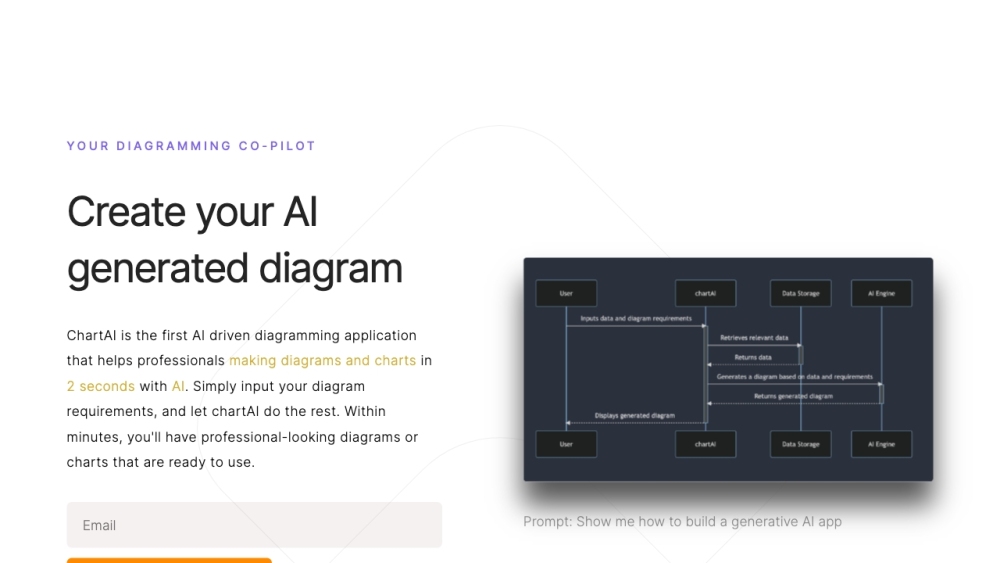Google DeepMind has unveiled AlphaFold 3, the latest iteration of its groundbreaking machine learning model that predicts the shapes and interactions of proteins. This upgraded version not only offers enhanced accuracy but also allows researchers to analyze how proteins interact with various biomolecules. In an exciting development, the company has made a limited version of AlphaFold 3 available for free online.
Since the launch of the original AlphaFold in 2018, this pioneering technology has become the gold standard for predicting protein structures from amino acid sequences. Understanding protein dynamics is essential in biology, as proteins are fundamental to countless bodily functions at the molecular level. Recently, advanced computational modeling tools like AlphaFold and RoseTTaFold have begun to replace traditional laboratory methods, significantly expediting research across diverse scientific fields.
Despite the progress, DeepMind emphasizes that the technology is still evolving. founder Demis Hassabis stated during a press call, "Each model is just a step along the way." Although the company hinted at the release late last year, this announcement marks AlphaFold 3's official launch.
While scientific blogs will delve into the technical improvements of the new model, it's important to highlight that AlphaFold 3 boasts a variety of refinements that enhance both accuracy and versatility. One limitation of previous protein modeling is that knowing a protein's shape does not guarantee understanding its interactions with other molecules. Traditionally, researchers have had to conduct extensive modeling tests to uncover this information.
"Biology is a dynamic system involving interactions among various molecules," Hassabis explained. "AlphaFold 3 is our first significant step in modeling these interactions not only between proteins but also with crucial biomolecules like DNA and RNA."
The new model enables simultaneous simulations of multiple molecules, effectively showcasing combinations such as DNA strands, DNA-binding proteins, and ions. For instance, in one simulation, DNA ribbons run vertically at the center, with proteins and ions positioned alongside, demonstrating how these components interact.
While this isn't a scientific breakthrough in itself, it dramatically reduces the time needed to determine how a protein interacts within a biological system. Previously, identifying such interactions could take days, if not weeks or months.
Excitement in this field has surged over recent years, but researchers have faced challenges due to limited tools for interaction modeling and difficulties in practical deployment. To address these issues, Google DeepMind has launched the AlphaFold Server, a free web application for non-commercial use that simplifies access to the model.
Users need only a Google account to get started. They can submit various amino acid sequences and receive live 3D visualizations of the predicted protein structures in minutes, marked with color-coded confidence levels. This intuitive interface makes it easy for researchers to utilize powerful modeling capabilities.
When asked about differences between the public model and internal versions, Hassabis stated, "We've made the majority of the new model's capabilities available," though specifics were not disclosed. Google’s substantial investment in this project underscores its commitment to advancing research, even as it retains some exclusive features.
The technology's value extends beyond academia; Alphabet's subsidiary, Isomorphic Labs, leverages computational tools like AlphaFold in drug design. Isomorphic, which collaborates with pharmaceutical companies like Eli Lilly and Novartis, combines the model’s predictive abilities with proprietary methodologies for drug discovery.
While AlphaFold is a remarkable tool for researchers, it’s not a complete solution for the complexities of biological science. Many scientists agree on its utility in facilitating "rational drug design," as Max Jaderberg from Isomorphic Labs highlighted: "It allows our drug designers to formulate and test hypotheses at an atomic level, rapidly producing accurate structural predictions that guide interactions and expedite drug development."
While the open availability of AlphaFold Server is commendable, some critics argue that it falls short of true open science principles. The training process and key details behind AlphaFold remain proprietary, limiting the ability of researchers to fully replicate the model—a fundamental aspect of scientific inquiry.
Although the Nature paper provides some insight into its development, vital information is still closely guarded, meaning those who wish to use AlphaFold must operate within the confines set by Alphabet, Google, and DeepMind.
Open science advocates contend that sharing advancements openly fosters scientific progress and innovation, as evidenced by the evolution of important software in the field. While Google’s provision of AlphaFold Server for academic and non-commercial use is a generous initiative, it is likely accompanied by unspoken conditions. Many researchers will undoubtedly seize this opportunity to utilize the model extensively before any potential restrictions emerge.





